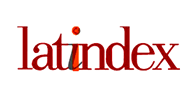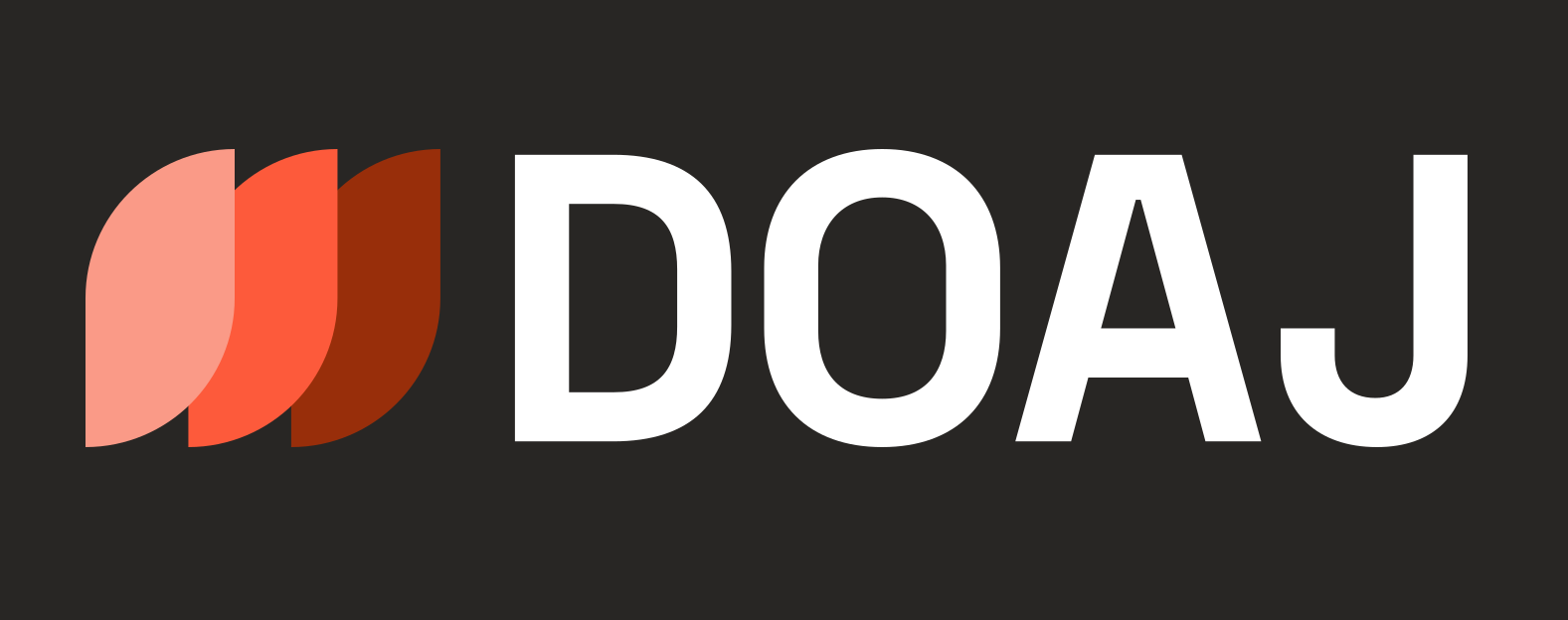THIRD-PARTY CONTRACTS, LEGAL RETROACTIVITY, AND PUNITIVE DAMAGES
FROM EUROPE TO LATIN AMERICA
Resumen
The civil-law system shows its true face as it travels from the Continental European core to the Latin American periphery. Many of the principal institutions have found a home and thrived in the new and radically different environment. One can best study them there by contemplating how they have preserved some of their most basic features despite having transformed themselves into something else. The notion of the civil-law tradition and that of codification have themselves undergone this dialectic of transformation and preservation. So have the traditional approach to contractual interpretation and to third-party agreements and the common proscriptions on retroactivity and punitive damages. In Latin America, as well as in Continental Europe, the intent of the parties typically takes precedence over the text of the contract and an agreement normally may benefit a third party despite the general restriction on extra-party effects. Similarly, a relatively strict ban on the retroactive application of statutes and on the imposition of punitive damages prevails on both sides of the Atlantic.
Descargas
Publicado
Cómo citar
Número
Sección
Licencia
Autores que publican en esta revista están de acuerdo con los siguientes términos:
- Autores mantienen los derechos autorales y conceden a la revista el derecho de primera publicación, con el trabajo simultáneamente licenciado bajo la Creative Commons - Atribución 4.0 Internacional que permite compartir el trabajo con reconocimiento de la autoría y publicación inicial en esta revista.
- Autores tienen autorización para asumir contratos adicionales separadamente, para la distribución no exclusiva de la versión del trabajo publicada en esta revista (ej.: publicar en repositorio institucional o como capítulo de libro), con reconocimiento de autoría y publicación inicial en esta revista.
- Autores tienen permiso y son estimulados a publicar y difundir su trabajo online (ej.: en repositorios institucionales o en su página personal) a cualquier punto antes o durante el proceso editorial, ya que esto puede generar alteraciones productivas, así como aumentar el impacto y la citación del trabajo publicado (Véase El Efecto del Acceso Libre).



















